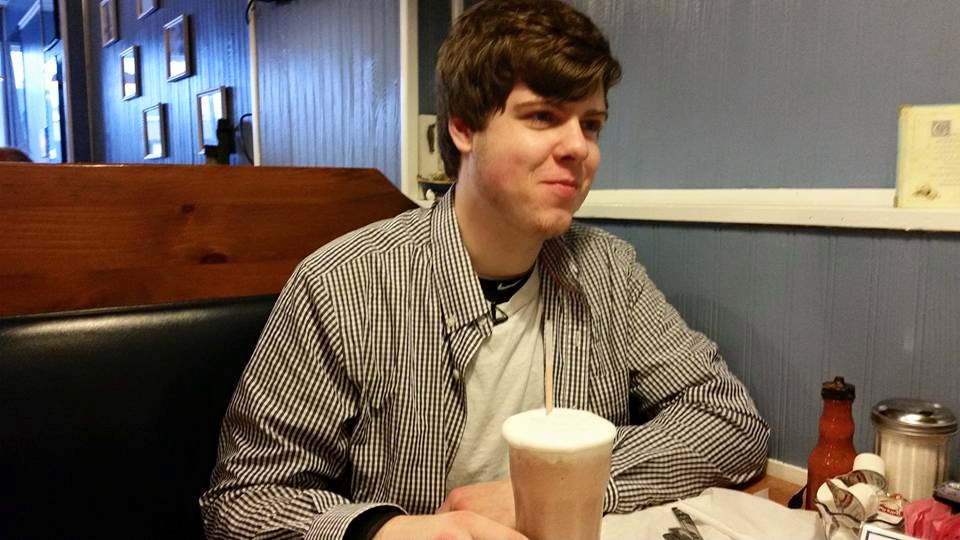The Zach Anderson case has drawn attention to the current way our court system handles sex offenders. As it stands, the rulings and penalties associated with having sex with a minor are broad and do not leave much room for individual circumstances. On Wednesday, Judge Dennis Wiley stated that he is considering Zach Anderson’s request for a new sentence.
Is it fair to put someone like Zach, a 19 year old who hooked up on a dating app with a girl who lied about her age, alongside child molesters for the next 25 years of his life? Some feel he is being made an example of a judge’s personal agenda against teens who have sex. What responsibility do the girl’s parents play? In this case she was obviously given resources to set up the app, but no supervision. How much responsibility should go to the makers of the app? When Zach clicked on the site, should he have not felt safe in acting upon the information that was presented to him to be true and accurate?
Not only does this case shed light on the fact that the sex registry guidelines are way too broad, but also that in the age of internet, social media, dating sites and hookup apps, there are many circumstances and situations that need a better set of guidelines, regulations and possibly laws. While this may seem a drag for users, the companies that make money from the sites and to many an invasion of privacy, at the very least something should be in place to protect young users. While there has been some attention concerning older people posing as younger users to prey on and lure young victims, in the case of Zach Anderson, we are seeing a young victim suffering from misrepresentation of younger user posing as an older one.
Check out CNN’s coverage of the original full story
How a Dating App Hookup Landed a Teen on the Sex Offender Registry
The family has set up a Facebook page for information and support @ https://www.facebook.com/zig19


